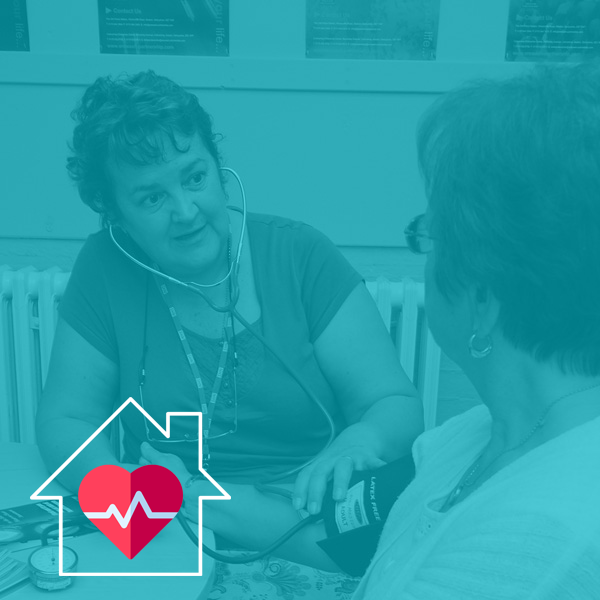
Understanding Fuel Poverty and Health
The impacts of fuel poverty on health can be severe – this course is designed for anyone wanting to learn more about fuel poverty and its links with physical and mental wellbeing.
Learners will be taught how to identify those likely to be at risk from fuel poverty and signpost to assistance.
Audience
This course is designed for frontline staff who work with vulnerable and low-income groups who are at risk from living in cold and damp homes. It covers the impacts that living in fuel poverty can have on our health.
Course aim
The Understanding Fuel Poverty and Health course is designed to provide frontline staff working with vulnerable and low-income groups with information on identifying those likely to be at risk from fuel poverty and signpost to assistance.
Course objectives
During this course, we will:
- Identify different fuel poverty definitions
- Discuss the main risk factors that increase the chances of a household being in fuel poverty
- Evaluate the impact of the cold on health
- Explore the HIVE model for dealing with condensation
- Explain different sources of assistance and advice
Course content
- The Low Income Low Energy Efficiency Indicator and the causes of fuel poverty
- How to identify those at risk of fuel poverty using risk factors and triggers
- The health impacts of fuel poverty and damp homes
- Heat loss within the home
- The causes of condensation dampness/ mould and remedial actions that can be taken
- Assistance and sources of advice available to those struggling to heat their home adequately – including the Affordable Warmth Obligation of the Energy Company Obligation (ECO) and the fuel suppliers’ hardship funds for those struggling to pay their energy costs
Please note that the course content will focus mainly on England and Wales. If you are based in Northern Ireland or Scotland and interested in this course, please contact trainingadmin@nea.org.uk before booking so we can discuss the main differences.
Delivery method
E-learning
How will the E-Learning work?
E-Learning is self led giving learners the flexibility to study as and when they wish.
Once registered, learners will have access to the course for four weeks and be able to study online at a time and location that is convenient to them.
The course includes a variety of written text, videos, interactive activities etc to keep learners engaged. A short quiz is also included at the very end of the course to test the learners knowledge.
A handout booklet covering the relevant topics will also be available to download and keep.
Tutor support
Tutor support will be available upon request. This is usually done via telephone / video call.
Suggested study time
This course will take approximately 2 hours to complete however each learner is different and E-Learning offers the flexibility to study at your own pace. Learners will have access to the course for four weeks from their selected start date.
E-Learning Fees
INDIVIDUAL PLACES
*FUNDED PLACES are available to non-commercial organisations based in England and Wales (such as local authorities, housing associations, advice agencies etc). Learners must also be frontline staff or volunteers that encounter and provide advice to those in or at risk of fuel poverty.
For those not eligible for a funded place, fees are as follows:
| NEA Members | Non-Members | |
| NOT FOR PROFIT ORGANISATIONS | £65 + VAT | £75 + VAT |
| COMMERCIAL ORGANISATIONS | £80 + VAT | £90 + VAT |
GROUP / ORGANISATION BOOKINGS
We also offer ‘organisational licences’ to organisations that have a large number of staff to train. This will provide access for 6 months or 12 months for an unlimited number of learners.
This type of licence will provide a tailored version of the course specifically for the organisation.
Included within the licence fee are two tailored slides to add information that is specific to your organisation. This may be information on local schemes, contact details etc. Additional tailored slides can be purchased upon request.
The organisation can appoint an admin person who will be able to access reports on learner activity.
Please note that the organisation licence option is not funded, for further details, costs and terms please contact trainingadmin@nea.org.uk
Contact for further details
Bookings
To book a place, please complete the booking form below.


